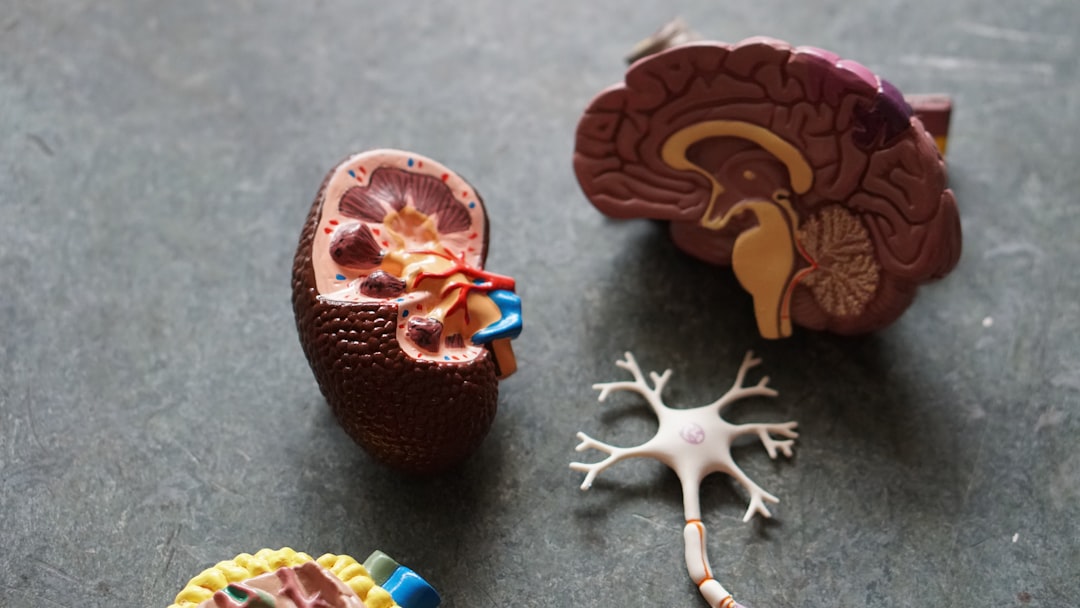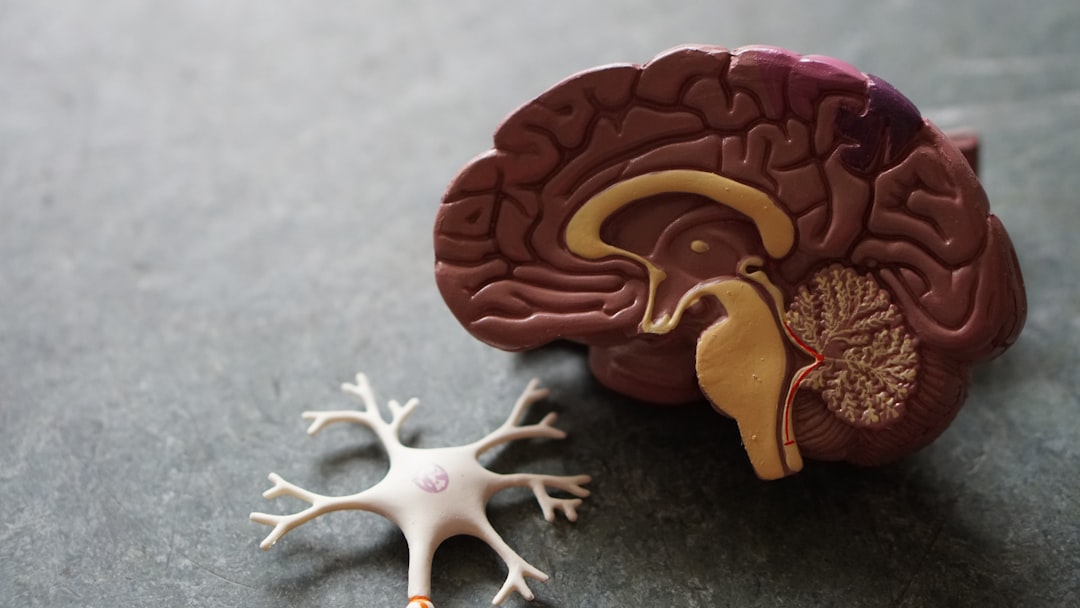What is it about?
Previous studies showed Compound Astragalus and Salvia miltiorrhiza extract (CASE), extract from Astragalus membranaceus and Salvia miltiorhiza, significantly suppresses hepatocellular carcinoma (HCC) in rats induced by diethylinitrosamine (DEN), and in vitro experiments further demonstrated that CASE's anti-HepG2 cell invasion is associated with transforming growth factor-β (TGF-β). We hypothesized that CASE's suppression of HCC is modulated by TGF-β/Smad signaling, and we conducted this in vivo study to test this hypothesis.
Featured Image
Why is it important?
The shifting of pSmad3L toward pSmad3C by regulating TGF-β/Smad signaling could be a potential therapeutic target for HCC. We further discovered that CASE suppresses cell invasion triggered by TGF-β 1 and reduces pSmad3L and pSmad2C in HepG2 cells in vitro and suppresses diethylinitrosamine (DEN)-induced hepatocarcinogenesis in vivo. We intended to investigate the effects of CASE on the TGF-β/Smad signal pathway in rats with HCC induced by DEN.
Perspectives
We hope that this article would help to invent new drug to treat HCC.
Xiangpeng Hu
Anhui Medical University
Read the Original
This page is a summary of: CompoundAstragalusandSalvia miltiorrhizaextracts suppress hepatocarcinogenesis by modulating transforming growth factor-β/Smad signaling, Journal of Gastroenterology and Hepatology, May 2014, Wiley,
DOI: 10.1111/jgh.12490.
You can read the full text:
Contributors
The following have contributed to this page










